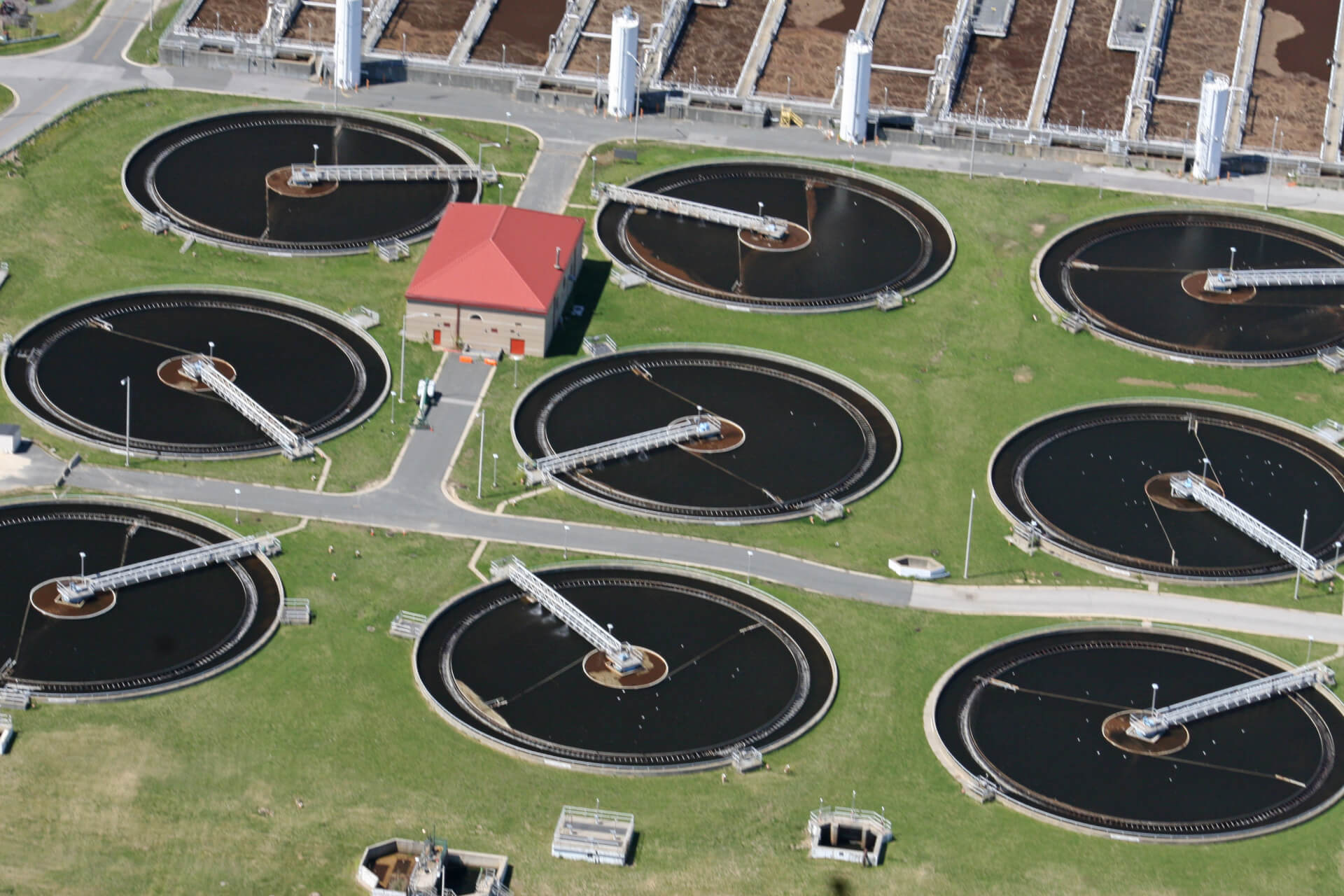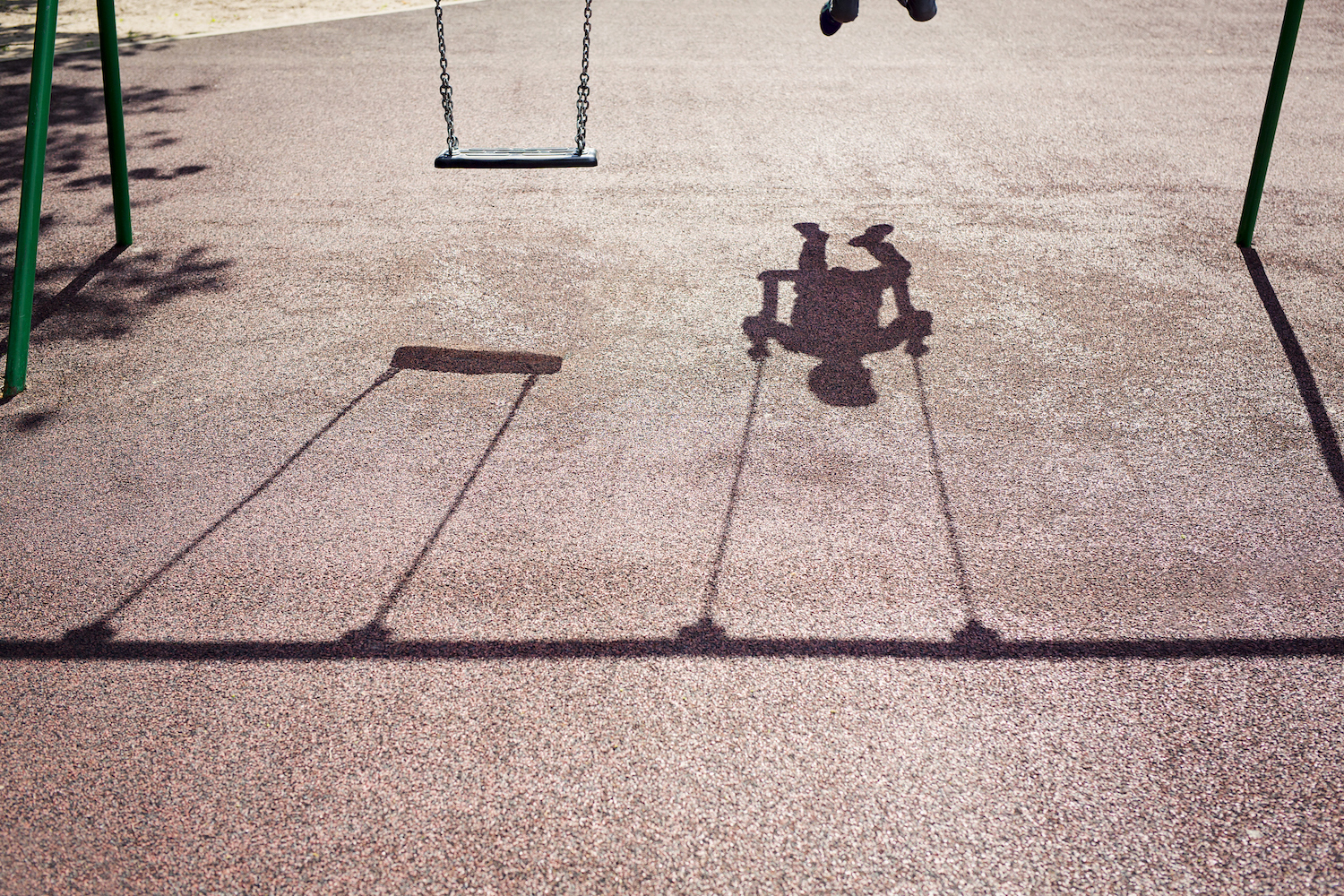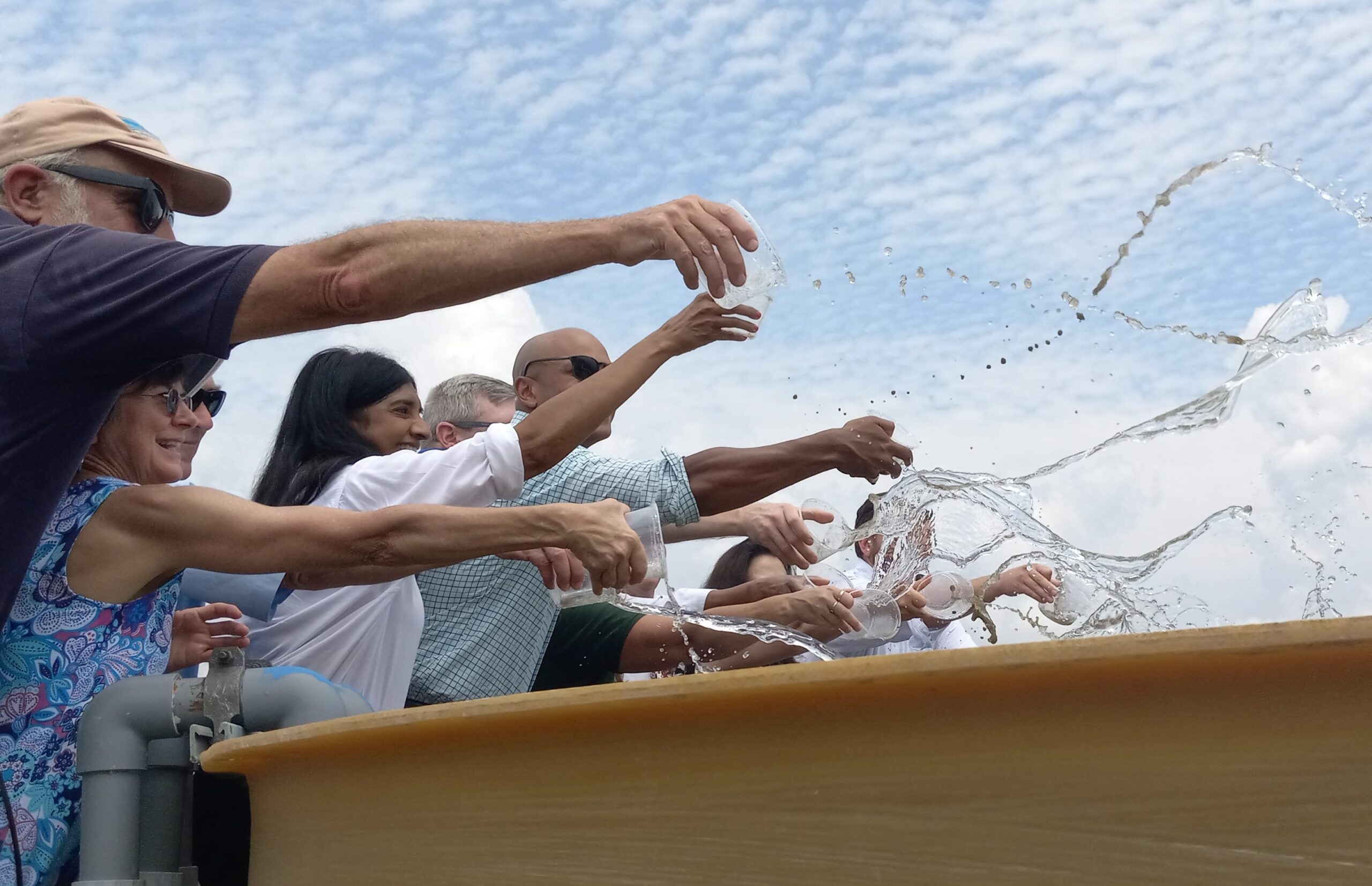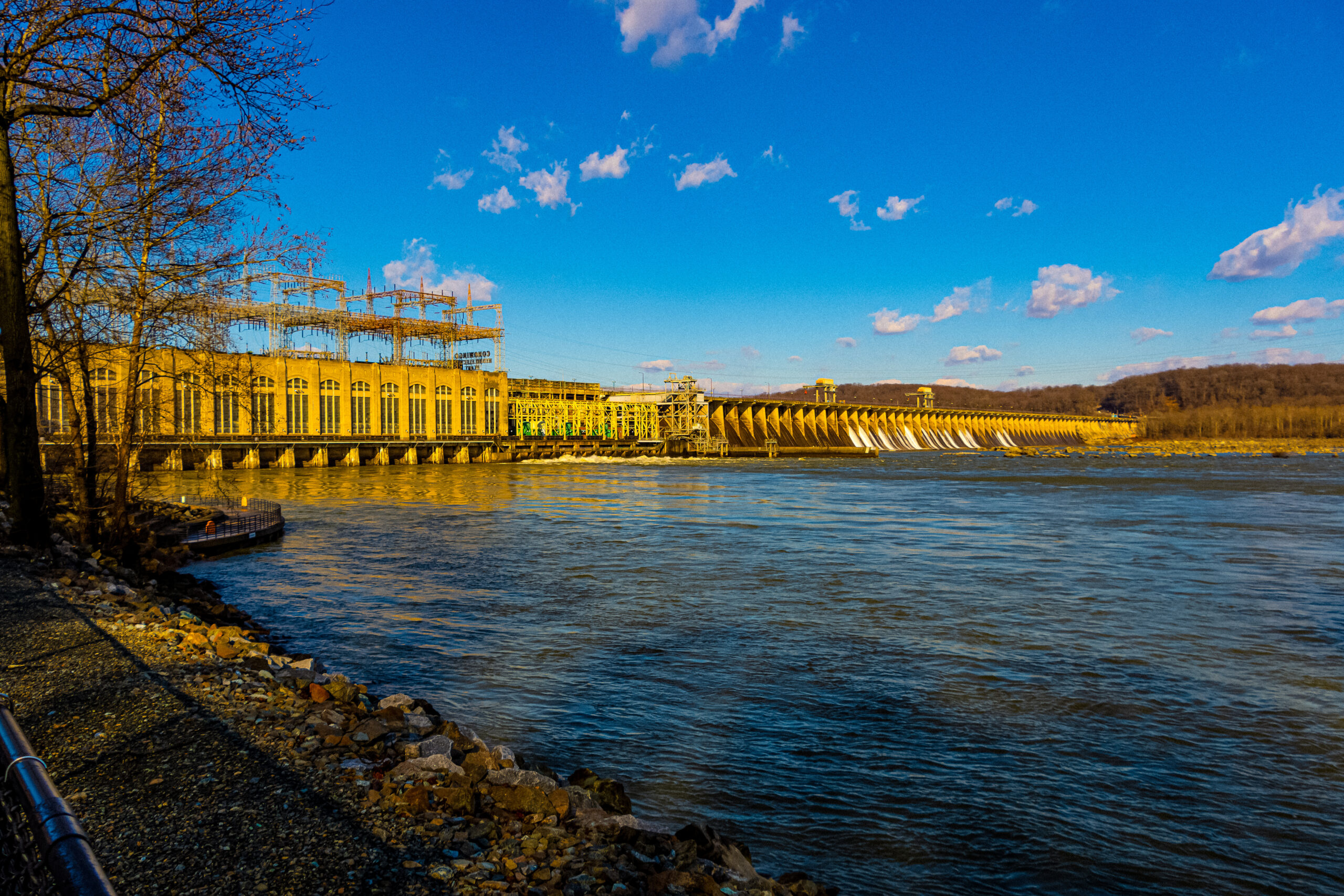Maryland Files Lawsuit Against Baltimore for Wastewater Treatment Plant Failures

The state of Maryland filed a lawsuit against Baltimore on Friday over untreated sewage discharge into the Chesapeake Bay by two Baltimore wastewater treatment plants.
Last summer, Blue Water Baltimore, an environmental watchdog group, found high bacteria levels in the city’s harbor near the Patapsco Wastewater Treatment Plant, which is operated by the city, and reported it to the Maryland Department of the Environment. MDE found similar sewage outflow violations during an inspection at the Back River Wastewater Treatment, which is also operated by the city.
The lawsuit, filed by Maryland Attorney General Brian E. Frosh (D) on behalf of the Maryland Department of the Environment in Baltimore City Circuit Court, includes fines of up to $10,000 every day the two largest wastewater treatment plants in the state continue to discharge more than their permitted amount. The lawsuit lists 10 permit violations for the Back River plant and nine permit violations for the Patapsco plant.
MDE inspected both of the plants again last month, according to the lawsuit.
“Our top enforcement priority is getting the city’s world-class treatment plants back into compliance immediately so we stay on track with the 2025 Chesapeake Bay restoration goal,” Maryland Environment Secretary Ben Grumbles said in a statement.
“We’re filing the lawsuit and continuing to increase oversight of the city’s Department of Public Works since we uncovered the full scope of the problem, and we’re doing so in coordination with nongovernmental organizations that have already filed suit and share our goal for protecting local water quality.”
The Baltimore City Law Department did not immediately respond to a request to comment.
Last month, Blue Water Baltimore filed a federal lawsuit against the city over the sewage discharges under the Clean Water Act, which empowers individuals and nongovernmental groups to sue the government for failing to enforce or comply with its requirements. This move allows a judge to force the city to resolve the wastewater treatment plants’ permit violations in a judicially enforceable consent decree, in the event that negotiations among Blue Water Baltimore, the city and Maryland environmental regulators break down.
MDE also filed a notice of intent to file a lawsuit against the city for both the Patapsco Wastewater plant and Back River plant in federal court on Friday, which allows the state to bring their own federal lawsuit or join Blue Water Baltimore’s lawsuit.
Alice Volpitta, Blue Water Baltimore’s harbor waterkeeper, said that Blue Water Baltimore intends to file a legal motion next week to join the state’s lawsuit in Baltimore City Circuit Court. “That’s ultimately the way that we can preserve our ability to have a seat at the table when it comes to developing a legal agreement,” she said.
She said this recent action by MDE was expected, as it is a reasonable next step to bring the two wastewater treatment plants back into compliance with their permits.
This action by MDE comes after state lawmakers grilled Grumbles about MDE’s enforcement and understaffing issues this week. Lawmakers questioned the agency’s diligence on enforcement following a sewage spill in Southern Maryland, a report about inadequate state inspections at poultry farms and a recent report by the U.S. Environmental Protection Agency raising concerns about the Maryland’s safe drinking water systems.
Lawmakers also raised concerns about plants across the state operating under “zombie permits,” or expired permits.
Environmental advocates said that they hope MDE continues to take a more active approach like this in the future.
“We hope this marks the beginning of a more active approach from MDE. The best way to ensure other wastewater plants, industrial polluters, and large agricultural operations aren’t violating their pollution limits is to enforce the law,” Josh Kurtz, the Maryland executive director of Chesapeake Bay Foundation, said in a statement.
“Moving forward, MDE must drastically increase inspections and enforcement as well as work judiciously to update expired ‘zombie’ pollution permits at facilities throughout the state,” Kurtz said. “Doing so will protect the health of residents and secure our progress toward Chesapeake Bay cleanup goals.”
Editor’s Note: Josh Kurtz, the Maryland executive director of Chesapeake Bay Foundation, is of no relation to Josh Kurtz, founding editor of Maryland Matters.




 Creative Commons Attribution
Creative Commons Attribution